Understanding ABI
Strategies to support people after brain injury
Brain Injury can result in a wide range of changes to a person's behaviour, their sensitivity to surroundings and the thinking capabilities. Some changes are are temporary while others are permanent. ABI is commonly referred to as the “invisible disability” as the impacts are often below the surface are not always obvious.
When a person sustains a brain injury it's impossible to predict how much they will recover and how long it will take. There is no formula to tell you which results will be permanent and which will be temporary. Many of our consumers that we support continue to defy the odds in recovery, while others are less fortunate and each day is a difficult. Whatever the situation, the right kind of individualised support makes all the difference.
What are the changes after an ABI?
There are too many changes to list here. Changes may (but not always) involve the person's thinking (cognitive), learning and physical abilities.
All the senses may be affected to varying degrees: sight, smell, touch, taste and hearing. The incredible ability of the human brain to compensate for a loss of some functions continues to amaze medical professionals.
It’s important to understand how brain injury affects the personality.
Personality Changes
The person may be quick to anger - a loud noise, or someone disagreeing with them, may trigger an outburst of aggression. This is particularly common when the person is still in Post Traumatic Amnesia (PTA ). Many people may not think of the others - for example, the person may become annoyed if they can't watch their favourite television program, even if someone was watching theirs first. Or they may become agitated if they aren't served immediately when they walk into a shop or bank.
The person may also be talkative - they may also jump from one topic to another during a short conversation, or find it very hard to stay focused on the point they were trying to make.
“At Headstart we believe it’s important to see the person and not the brain injury.”
Some simple things to try that may help:
Get to know the person it will help you understand how their injury impacts them and build trust.
Negotiate whether they are happy to talk about their experiences
Ask them what they struggle with
Over time you may understand that a person’s insight may be affected
Where reduced insight is an issue you may need to adjust your approach
Break tasks down and concentrate on one task at a time – Don’t rush! Are you trying to get too much from the appointment or conversation?
Present your information slowly with short and simple sentences, give concrete options, allow time for the person to respond and check for understanding.
Don’t rely on the person’s memory - written reminders, phone alarms, whiteboards, calendars, diaries may help – what works for them?
Try and make appointments at regular times/days, find out when the person is at their best (due to fatigue)
Engage the person in an area of interest. Give positive, concrete feedback, ALWAYS notice improvements.
Avoid engaging in Blame as it will change your approach and attitude from the start.
Some simple things to avoid:
Tell a person what to do “I think you should…..”
Not listening are you delivering your undivided attention? If your attention is demanded elsewhere, communicate this with the person and commit to a time when you can.
Threaten “if you don’t I will…”
Ignore their needs or their requests “yeah yeah….” I’ll call you back… but don’t.
Use logic “ what you’re saying doesn’t make sense..”
Judge, Criticise and Blame “You shouldn’t do that…”
Name call “don’t be so…..”
Over analyse the person with little info, then coming to a conclusion
Judgemental “Why” - use “What” “How” as an option to start a sentence
Are you after additional information? Access our free download (pdf) here:
Strategies for supporting people with acquired brain injury
Life after brain injury presents lots of challenges. The nature and combination of after-effects can pose barriers for people to get back to their old life or build a new one that is personally satisfying.
Headstart is committed to providing individually tailored and long term supports for people to become more independent, create life choices and regain a sense of belonging.
“You need someone that knows exactly what brain injury is and what it looks like. Why would we go anywhere else?
- Tracey”
*Source: AIHW, 2007
Source: Brain Injury Australia







